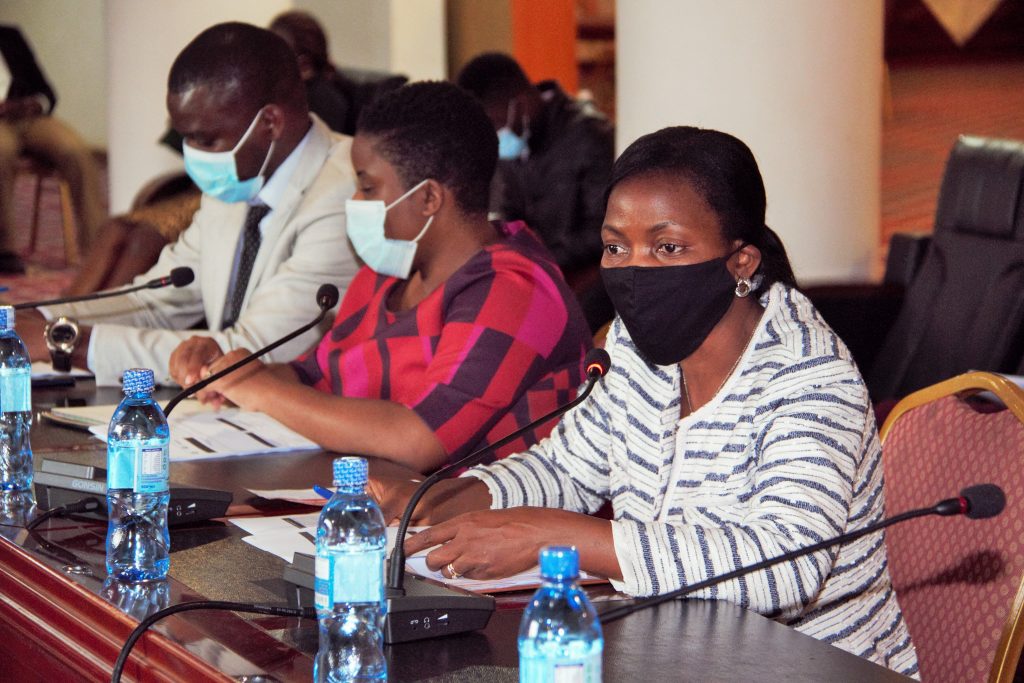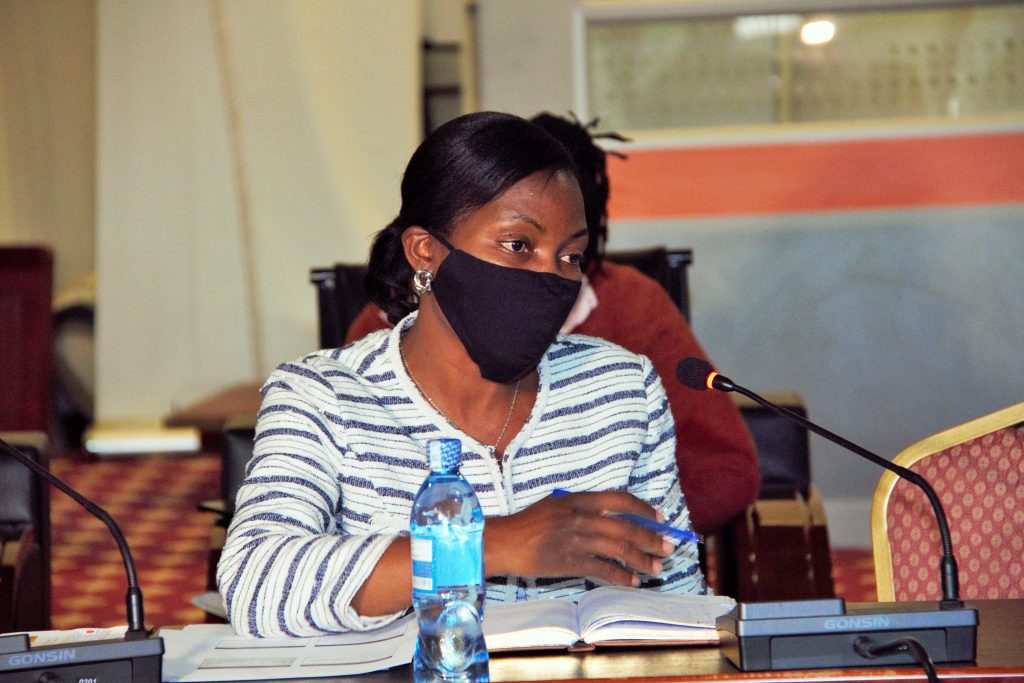Nasfam proposes multi-year plan for AIP
The National Association of Smallholder Farmers (Nasfam) has proposed to Tonse Alliance administration the need for the country to have a multi-year plan for the flag-ship program, the Affordable Input Program (AIP).
According to Nasfam, the proposed plan would include the level of finances needed, a graduating mechanism for first line beneficiaries, among others guidelines.

The association made the proposal yesterday when it appeared before the Parliamentary Cluster Committee on Agriculture and Natural resources in Lilongwe where it presented its analysis of the 2020/21 budget for the agricultural sector.
Making the presentation, Nasfam head of policy and communication Beatrice Makwenda said it was imperative for the country to adopt a sector-wide road map on AIP, which she said would also help to encourage private sector participation as the roadmap or plan would be predictable.

“Let us plan say for five years and in doing so we will also be able to distinguish beneficiaries in first year or second year, just as an example.We need to see people graduating.AIP needs to create more value beyond food.
We also suggest that criteria for selecting targeted beneficiaries should include those farmers that make manure as that would help restore soil fertility through increased organic matter content.
On this one, what we are saying is that in view of reduced soil organic matter, all [AIP] beneficiaries must complement with organic manure which improves soil health,“ said Makwenda.
Makwenda said the multi-year plan would also allow beneficiaries of the program to plan ahead on reinvesting in farming in subsequent years.
In the 2021/22 national budget, agriculture, water development and climate Change is the second-priotised sector (now for five consecutive years) with an allocation of K284.4 billion, representing a 20 percent decrease from K354.8 billion in the 2020/21 budget.
A further breakdown of the budget shows that mainstay agriculture has been allocated 223.5 billion (11 percent of national budget – same as last financial year) but such a nominal figure is less 9 percent from the K245.7 billion allocated in 2020/21 budget, which expires on this month on June 30.
However, with an allocation of K142 billion, AIP has claimed the largest share of the 20201/22 mainstay agriculture budget,
representing 64 percent of the budget.
As such, Makwenda says Nasfam feels the program is overcrowding allocations towards other high-impact areas within the agriculture sector such as research, extension, agriculture markets and trade.
Nasfam, in partnership with ActionAid Malawi, is enhancing oversight capacity for rights-based public resources management in agriculture as well as health sectors with funding from Swiss Agency for Development and Co-operation (SDC) through Partnership for Social Accountability (PSA) Alliance in Mozambique, Zambia, Zimbabwe, Tanzania.
ActionAid Malawi Social Accountability project manager Wales Chigwenembe said on the sidelines of the meeting that one of the project’s objectives is to enhance effective interactions between the five stakeholder groups (parliamentary and district council committees, issue-based CSOs, smallholder farmer associations, media, and government departments) in order for the five groups to systemically work together in improving public resource management in
Malawi.





